Can’t Find What You Are Looking For? Find Out About Our Bespoke Design Solutions. Read More.
IFR + Global Recycle Standard Fabirc
GRS verifies recycled fiber quality and traceability in textiles. Covers product regeneration, social responsibility, environment, and chemical. Reduces harm to human health and the environment.
What Is the Global Recycle Standard (GRS)?
The Global Recycle Standard (GRS) was initially established by Control Union Certifications in 2008, and ownership was transferred to the Textile Exchange on January 1, 2011.
The Global Recycled Standard (GRS) is an international, voluntary, and comprehensive product standard that establishes requirements for third-party certification related to recycled content, supply chain, social and environmental practices, and chemical restrictions.
GRS aims to meet the needs of companies that wish to verify the recycled content of their products (finished and intermediate products) and to confirm responsible social, environmental, and chemical practices in their production.
The goal of GRS is to establish relevant requirements to ensure accurate content claims and a positive working environment, while minimizing harmful environmental and chemical impacts.
This includes companies involved in spinning, weaving, knitting, printing, and weaving in over 50 countries/regions.
Products certified by GRS must meet the following requirements:
Products must contain at least 50% recycled materials and comply with environmental and social responsibility standards, including the prohibition of harmful chemicals, protection of workers’ rights, and ensuring fair trade, among others. They also need to be audited and verified by a third-party certification body.
To obtain GRS certification, products must contain at least 20% of raw materials composed of recycled fibers, which must be 100% pollution-free. The recycled fibers should clearly indicate whether they are pre-consumer waste or post-consumer waste, as well as the proportions of pre-consumer and post-consumer waste in the recycled fibers. In addition to the requirements for raw materials, standards for corporate social responsibility, pollution prevention and treatment in the production process, and chemical restrictions are also enhanced.
To use the GRS certification mark (hang tag), the product’s raw materials must contain at least 50% recycled content.
Why obtain GRS certification?
- Ensure products meet recycled content standards.
- Implement social responsibility and protect human rights.
- Strengthen environmental protection and chemical control.
- Harmonize industry terminology and standards for transparency.
- Trace recycled material sources to ensure authenticity.
- Guarantee recyclability and drive quality innovation.
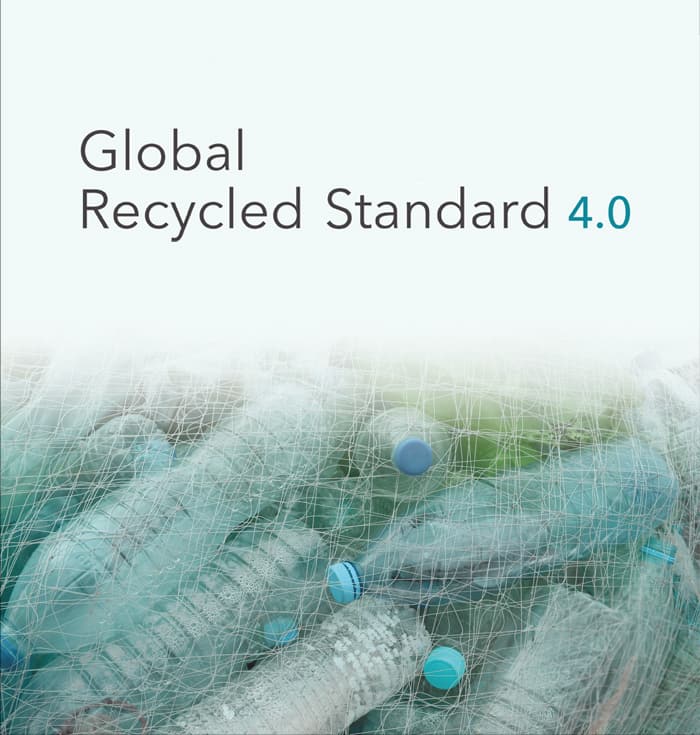
Core Requirements of GRS Certification
Product Regeneration and Supply Chain Requirements:
1.Products with a recycled content of 20% or more.
2.Declared recycled materials should follow a complete and verified regulatory chain from input to final product.
Social Responsibility:
1.Workers employed by companies involved in GRS product production are protected by strong social responsibility policies.
2.GRS social requirements are based on the principles of a global social responsibility compliance program. In all cases, the applicability of international labor standards, national and/or local legislation, or the strictest GRS requirements should not violate applicable laws.
Environmental:
1.Companies involved in GRS product production should have a high level of environmental awareness.
2.GRS environmental requirements apply to all operations within the certification organization. In all cases, the strictest national and or local regulations or GRS requirements should be applied.
3.Wastewater generated by factories should be regularly monitored or tested.
Chemical:
1.Chemicals used in the production of GRS products should not cause unnecessary harm to the environment or workers.
2.GRS only applies to the use and management of chemicals in the production process of GRS products. The standard does not apply to the entire facility, but only to the production of GRS products. GRS does not address chemicals present in the final product because it cannot control any chemicals that may be present in recycled products used as initial inputs in the GRS production chain.

Applications of IFR + Global Recycle Standard (GRS) Fabric
- Apparel: including casual wear, sportswear, uniforms, etc.
- Home textiles: including bedding, curtains, towels, etc.
- Footwear: including sports shoes, casual shoes, leather shoes, etc.
- Bags and luggage: including handbags, suitcases, backpacks, etc.
- Workwear: including medical uniforms, chef uniforms, safety uniforms, etc.
- Yarns and fabrics: including various types of fabrics, such as cotton, linen, silk, and synthetic fibers.
Relative Products
-
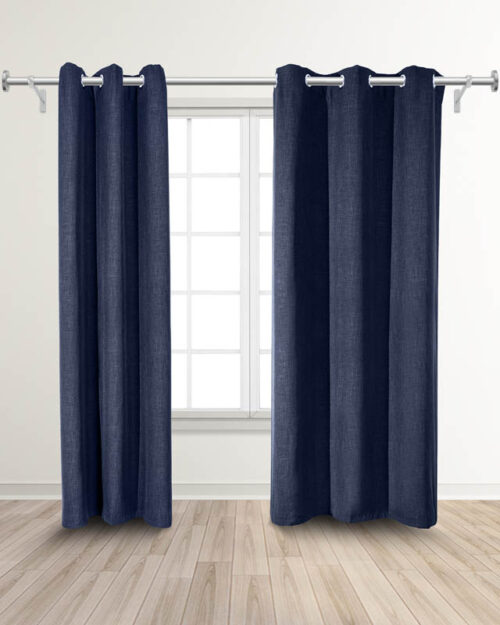
ermanent Flame Resistant Blackout Curtains Drape for Living Room, 6 Silver Grommet
BG-HTCT-GR -

One-Way Perspective Flame-Retardant Thermal Insulation Window Screen Fabric
BG-HTCT-22 -

Fire Resistant Sheer Curtains for Bedroom Living Room
BG-HTCT-21 -
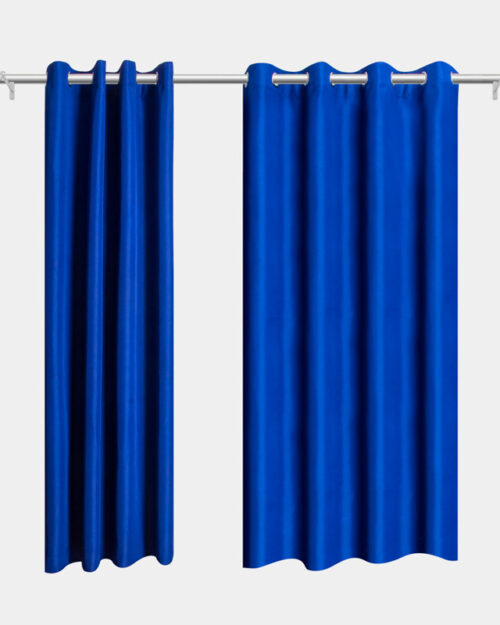
Begoodtex Flame Retardant Composite Coating 100% Blackout Curtains
BG-HTCT-20 -
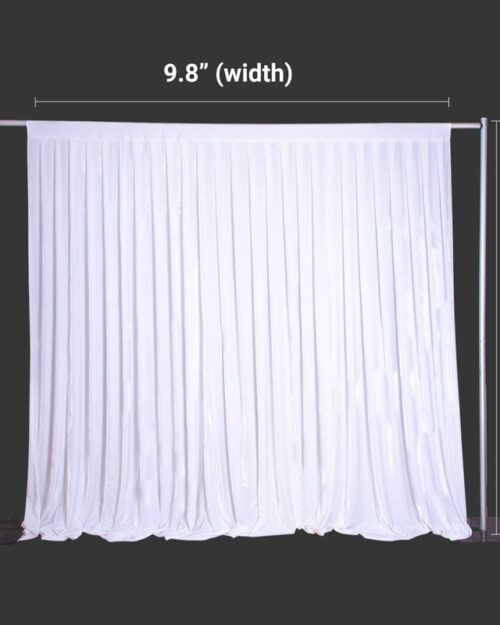
Flame Retardant White Velvet-Like Backdrop Curtain Drapes
BG-EVDP-WT-05 -
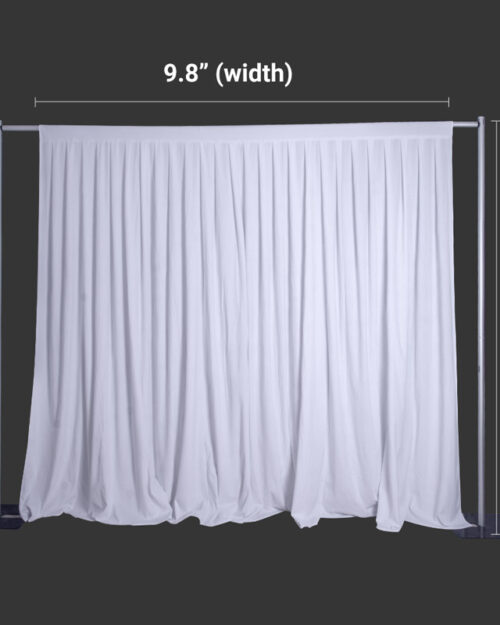
Flame Retardant White Velvet Backdrop Curtain Drapes
BG-EVDP-WT-04 -
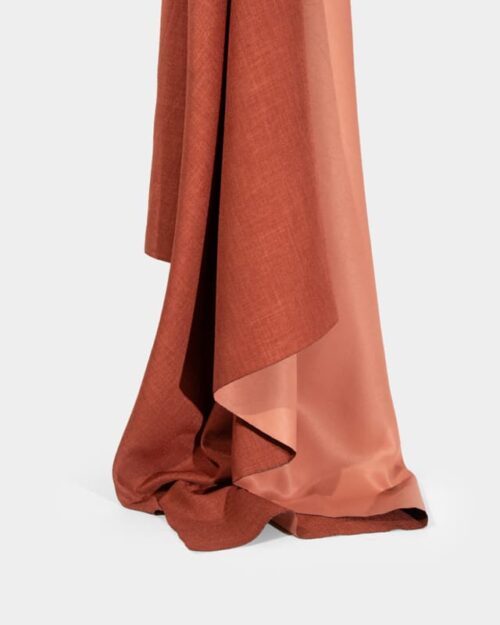 W: 300 cmWt: 320 g/m²
W: 300 cmWt: 320 g/m²Fire Retardant Faux Linen Blackout Fabric Polyester, 300cm Width
#0101 Black#0203 Beige#0302 Gray#0401 Light Brown#0403 Dark Brown#0703 Dark Orange#0902 Green#1001 Light Cyan#1103 Dark Blue+4 MoreBG-C11 -
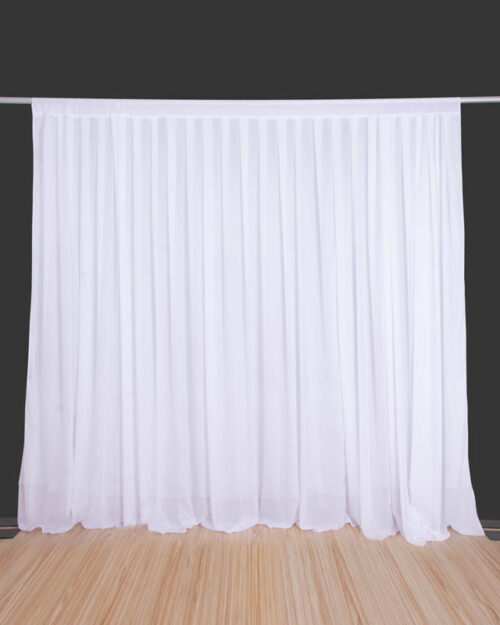
Flame Retardant Chiffon Backdrop Curtains for Wedding Decoration
BG-EVDP-WT-03 -
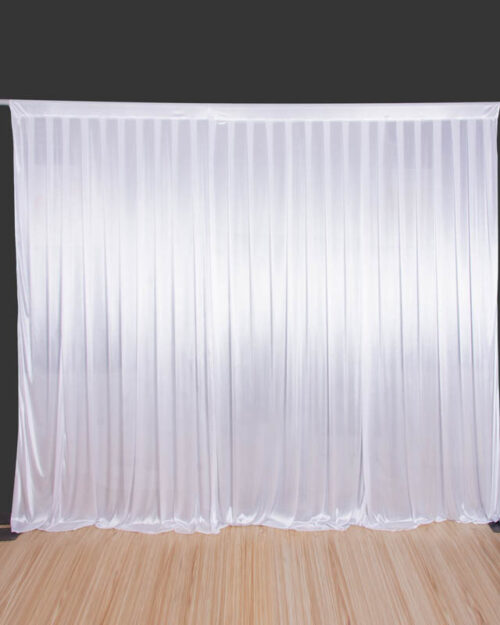
Flame Retardant White Satin Backdrop Curtain for Events Decoration
BG-EVDP-WT-02 -
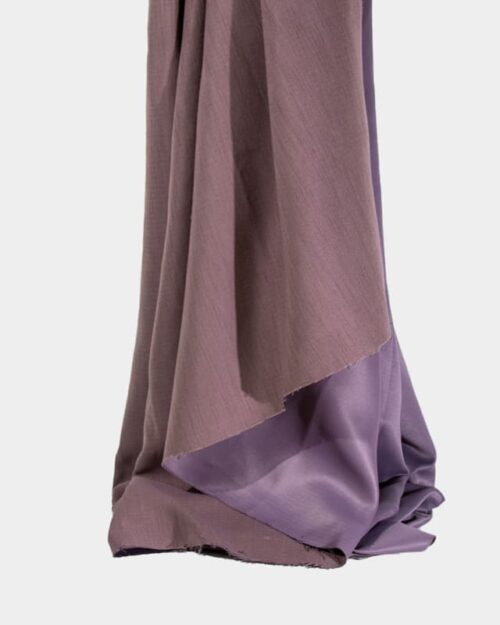 W: 300 cmWt: 350 g/m²
W: 300 cmWt: 350 g/m²Flame Retardant Faux Linen Blackout Fabric for Curtain, 300cm Width
#0201 White#0202 Off-White#0202-1 Snow#0202-2 Ghost White#0203 Beige#0203-1 Ivory#0301 Light Gray#0302 Gray#0303 DarkGray#0401 Light Brown#0402 Brown#0403 Dark Brown#0701 Light Orange#0702 Orange#0901 Light Green#1101 Light Blue#1202 Purple+12 MoreBG-C4
